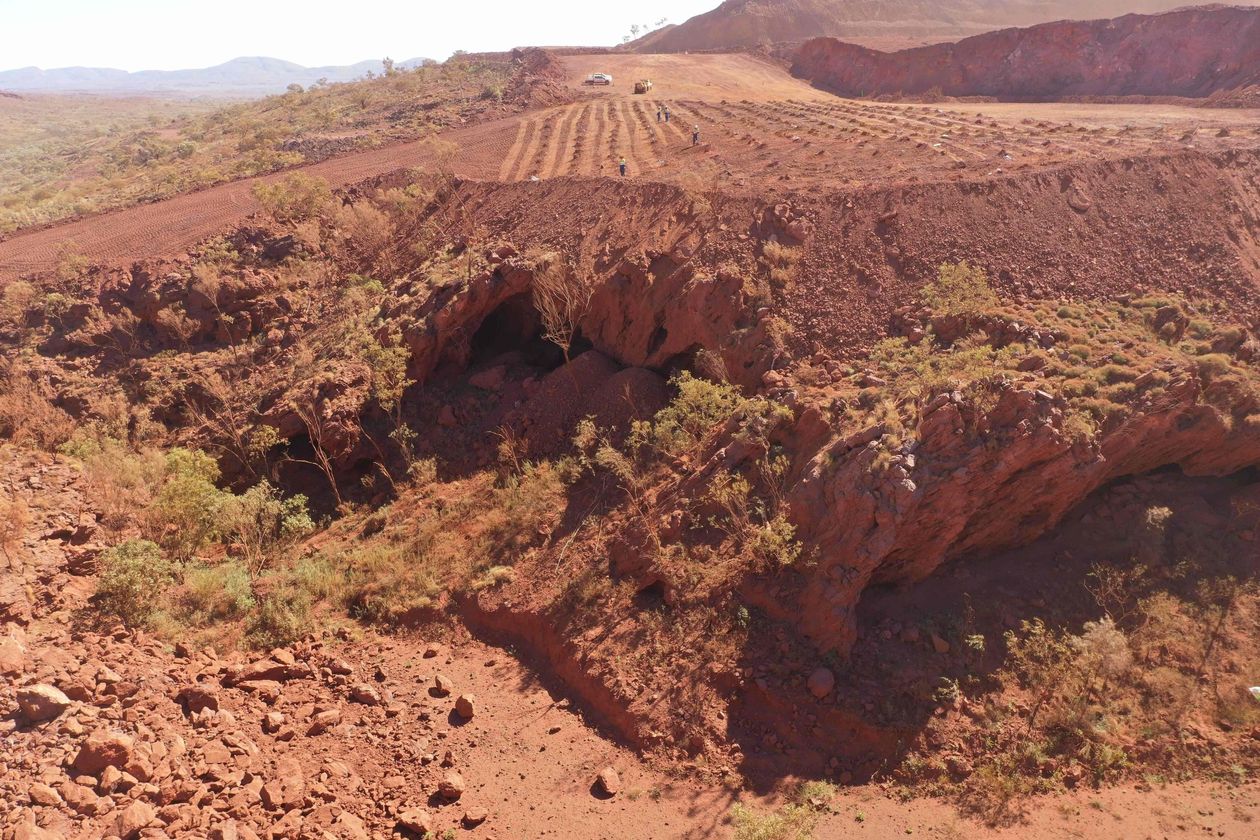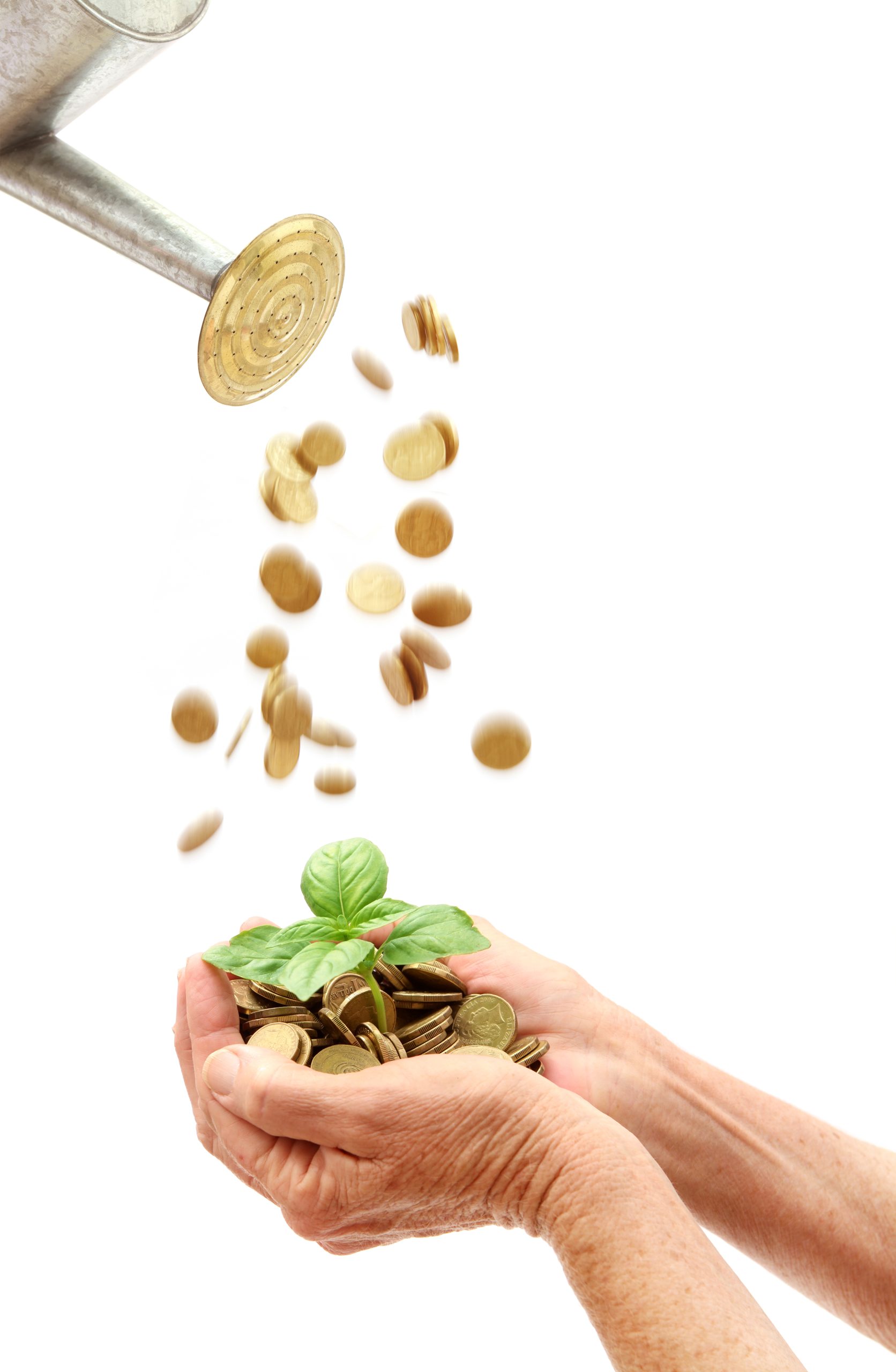Metals Markets Steel For Price Rises As Australia Pushes To Save Cultural Sites
Delays to mining projects in Western Australia could push commodity prices higher and exacerbate shortages.
SYDNEY—Rio Tinto PLC’s destruction of two ancient caves in Australia to expand an iron-ore mine could have ramifications for global commodity markets if local lawmakers intensify scrutiny of mining activities that threaten heritage sites.
Among the most controversial recommendations made by a federal-government inquiry into the destruction of the rock shelters at Juukan Gorge in Western Australia in May is a moratorium on expansions of existing mines or new pits that encroach on sites of cultural or historical significance. Even if lawmakers opt for a less hard-line approach, experts warn of potential delays to production and higher costs that could affect supply of key raw materials such as iron ore, used to make steel.
None of the recommendations handed down by the inquiry in its interim report on Wednesday are binding, but miners risk inflaming tensions with some investors who feel the industry needs to show greater sensitivity to environmental and cultural issues if they don’t accept them. They also face sensitive negotiations with indigenous groups that are the traditional owners of the land.
Metals prices have been rallying as China’s economy bounces back strongly and other major markets recover from the coronavirus crisis. Copper prices have risen to their highest level in almost eight years. Iron ore is one of the best-performing assets this year, fetching $150.75 a metric ton on Wednesday, its highest price since early 2013.
China’s unexpectedly strong appetite for these commodities has raised concerns over whether there’s enough supply, with many analysts predicting market deficits for iron ore and copper through at least the middle of next year.
Delays to mining projects in Western Australia, where companies dig up metals including copper and gold, could push commodity prices higher and exacerbate shortages already worsened by pandemic-driven disruptions to operations elsewhere. Iron ore is considered to be most at risk because Australia accounts for more than half of the world’s trade in the commodity by sea.
“This could be a watershed moment for the Western Australia mining industry and could impact Western Australia iron-ore production, and possibly other commodities, in 2021 and beyond,” Goldman Sachs said.
Already there are tensions between miners and some investors following the report into the loss of the Juukan caves, which contained a trove of artifacts that indicated they had been occupied by humans more than 46,000 years ago.
Fortescue Metals Ltd., the world’s fourth-largest iron-ore exporter by volume, rejected the idea of a voluntary moratorium on new heritage consents. “We do not believe that this is either a feasible or practical solution,” Elizabeth Gaines, Fortescue’s chief executive, said.
Fortescue said it had worked with indigenous groups to protect and avoid nearly 6,000 heritage sites threatened by its mining activities.
Miners must balance the need to replace the ore that they unearth with respecting the interests of indigenous groups. Fortescue pointed out that the iron-ore industry has been a pillar of Australia’s economy as it emerges from a first recession in 29 years.
“A moratorium would unnecessarily stall mining, infrastructure and other activities for an unknown and possibly extended period,” said Tania Constable, chief executive of Minerals Council of Australia, an industry group.
Still, many investors feel the industry needs to do more, and have pushed for leadership changes when standards fall short. Rio Tinto Chief Executive Jean-Sébastien Jacques and two other executives were ousted after several investors criticized the company’s initial response to the caves’ destruction because no one had been held accountable.
Hesta, an Australian pension fund for health-care workers, said it strongly supports the recommendation that companies with existing heritage approvals, known as Section 18 permissions, suspend related works until they can verify consent by traditional landowners.
“The inescapable findings of the inquiry are that Aboriginal heritage sites remain vulnerable to destruction,” said Debby Blakey, Hesta’s chief executive. “It would be unacceptable to investors that boards of mining companies are not actively and transparently seeking to understand their exposure to this risk.”
Kim Christie, an iron-ore analyst at Wood Mackenzie, said a near-term squeeze on commodities supply from Australia isn’t likely. The final report from the inquiry won’t be finalized until next year. Still, there is a risk of higher mining costs and delays to expansions or new mines later as miners sharpen their focus on heritage issues and consultation with traditional owners, she said.
“Certainly moving forward if there is going to be that greater level of tightness [in supply] it could support prices higher than we otherwise would have thought,” Ms Christie said.
Scrutiny will especially fall on Rio Tinto. A moratorium on new heritage consents could affect up to 12 projects that Rio Tinto has planned over the next five or so years to maintain its iron-ore production at current rates, Goldman Sachs said. That means there is a risk that Rio Tinto won’t ship 327 million tons of iron ore next year as the bank had earlier forecast.
Rio Tinto said it is reassessing its mining operations in places with identified heritage sites that could be affected over the coming two years.
“I think Rio Tinto would rather forgo a few tons than their reputation,” said Ms Christie, of Wood Mackenzie.
 Copyright 2020, Dow Jones & Company, Inc. All Rights Reserved Worldwide. LEARN MORE
Copyright 2020, Dow Jones & Company, Inc. All Rights Reserved Worldwide. LEARN MORE
This stylish family home combines a classic palette and finishes with a flexible floorplan
Just 55 minutes from Sydney, make this your creative getaway located in the majestic Hawkesbury region.
Impact investing is becoming more mainstream as larger, institutional asset owners drive more money into the sector, according to the nonprofit Global Impact Investing Network in New York.
In the GIIN’s State of the Market 2024 report, published late last month, researchers found that assets allocated to impact-investing strategies by repeat survey responders grew by a compound annual growth rate (CAGR) of 14% over the last five years.
These 71 responders to both the 2019 and 2024 surveys saw their total impact assets under management grow to US$249 billion this year from US$129 billion five years ago.
Medium- and large-size investors were largely responsible for the strong impact returns: Medium-size investors posted a median CAGR of 11% a year over the five-year period, and large-size investors posted a median CAGR of 14% a year.
Interestingly, the CAGR of assets held by small investors dropped by a median of 14% a year.
“When we drill down behind the compound annual growth of the assets that are being allocated to impact investing, it’s largely those larger investors that are actually driving it,” says Dean Hand, the GIIN’s chief research officer.
Overall, the GIIN surveyed 305 investors with a combined US$490 billion under management from 39 countries. Nearly three-quarters of the responders were investment managers, while 10% were foundations, and 3% were family offices. Development finance institutions, institutional asset owners, and companies represented most of the rest.
The majority of impact strategies are executed through private-equity, but public debt and equity have been the fastest-growing asset classes over the past five years, the report said. Public debt is growing at a CAGR of 32%, and public equity is growing at a CAGR of 19%. That compares to a CAGR of 17% for private equity and 7% for private debt.
According to the GIIN, the rise in public impact assets is being driven by larger investors, likely institutions.
Private equity has traditionally served as an ideal way to execute impact strategies, as it allows investors to select vehicles specifically designed to create a positive social or environmental impact by, for example, providing loans to smallholder farmers in Africa or by supporting fledging renewable energy technologies.
Future Returns: Preqin expects managers to rely on family offices, private banks, and individual investors for growth in the next six years
But today, institutional investors are looking across their portfolios—encompassing both private and public assets—to achieve their impact goals.
“Institutional asset owners are saying, ‘In the interests of our ultimate beneficiaries, we probably need to start driving these strategies across our assets,’” Hand says. Instead of carving out a dedicated impact strategy, these investors are taking “a holistic portfolio approach.”
An institutional manager may want to address issues such as climate change, healthcare costs, and local economic growth so it can support a better quality of life for its beneficiaries.
To achieve these goals, the manager could invest across a range of private debt, private equity, and real estate.
But the public markets offer opportunities, too. Using public debt, a manager could, for example, invest in green bonds, regional bank bonds, or healthcare social bonds. In public equity, it could invest in green-power storage technologies, minority-focused real-estate trusts, and in pharmaceutical and medical-care company stocks with the aim of influencing them to lower the costs of care, according to an example the GIIN lays out in a separate report on institutional strategies.
Influencing companies to act in the best interests of society and the environment is increasingly being done through such shareholder advocacy, either directly through ownership in individual stocks or through fund vehicles.
“They’re trying to move their portfolio companies to actually solving some of the challenges that exist,” Hand says.
Although the rate of growth in public strategies for impact is brisk, among survey respondents investments in public debt totaled only 12% of assets and just 7% in public equity. Private equity, however, grabs 43% of these investors’ assets.
Within private equity, Hand also discerns more evidence of maturity in the impact sector. That’s because more impact-oriented asset owners invest in mature and growth-stage companies, which are favored by larger asset owners that have more substantial assets to put to work.
The GIIN State of the Market report also found that impact asset owners are largely happy with both the financial performance and impact results of their holdings.
About three-quarters of those surveyed were seeking risk-adjusted, market-rate returns, although foundations were an exception as 68% sought below-market returns, the report said. Overall, 86% reported their investments were performing in line or above their expectations—even when their targets were not met—and 90% said the same for their impact returns.
Private-equity posted the strongest results, returning 17% on average, although that was less than the 19% targeted return. By contrast, public equity returned 11%, above a 10% target.
The fact some asset classes over performed and others underperformed, shows that “normal economic forces are at play in the market,” Hand says.
Although investors are satisfied with their impact performance, they are still dealing with a fragmented approach for measuring it, the report said. “Despite this, over two-thirds of investors are incorporating impact criteria into their investment governance documents, signalling a significant shift toward formalising impact considerations in decision-making processes,” it said.
Also, more investors are getting third-party verification of their results, which strengthens their accountability in the market.
“The satisfaction with performance is nice to see,” Hand says. “But we do need to see more about what’s happening in terms of investors being able to actually track both the impact performance in real terms as well as the financial performance in real terms.”
This stylish family home combines a classic palette and finishes with a flexible floorplan
Just 55 minutes from Sydney, make this your creative getaway located in the majestic Hawkesbury region.





















